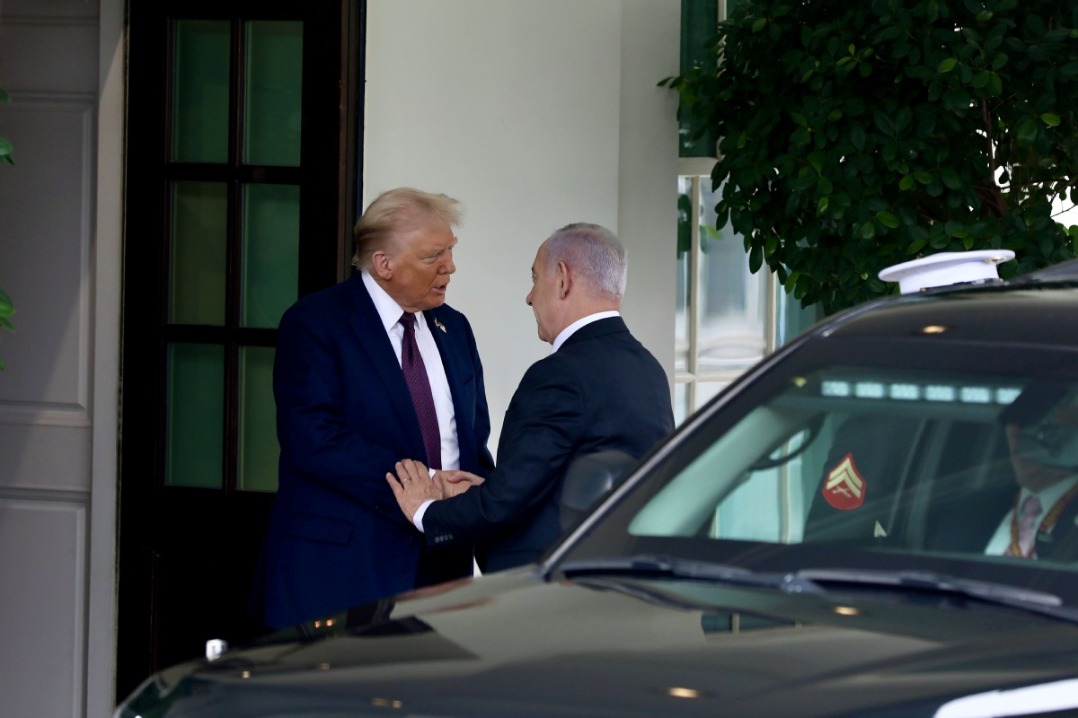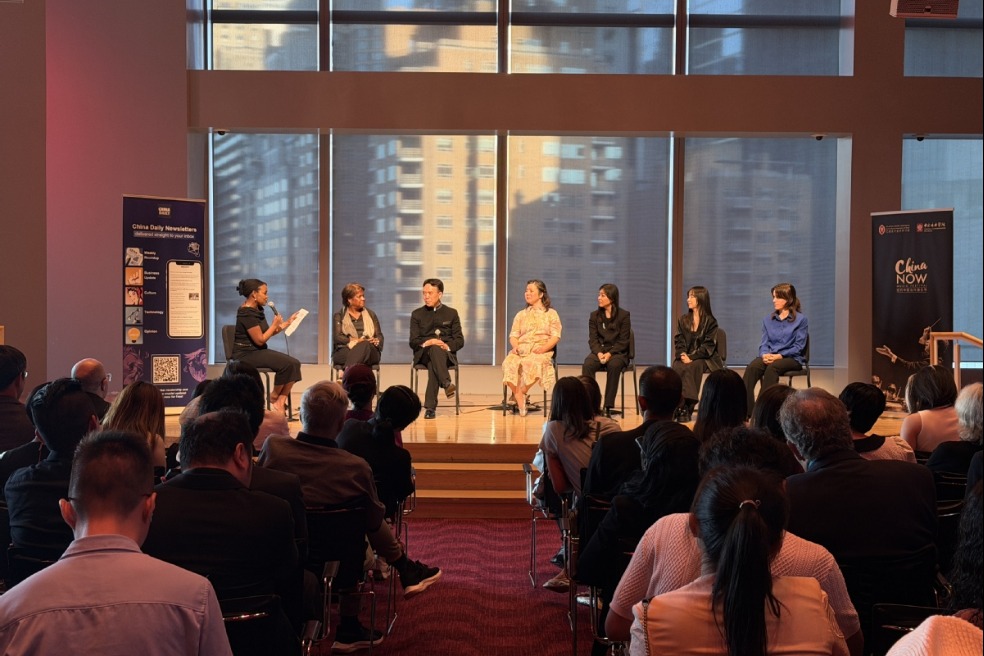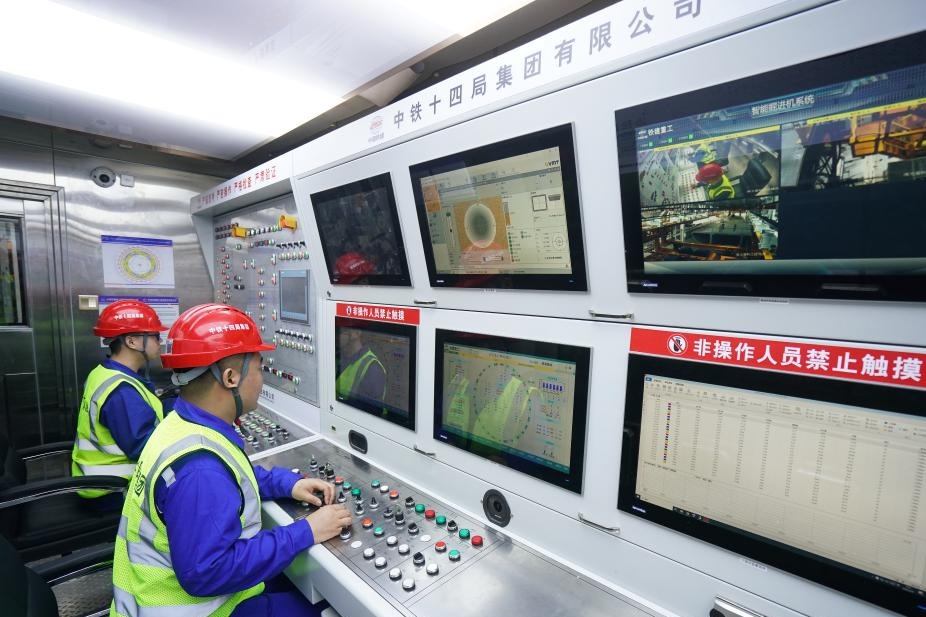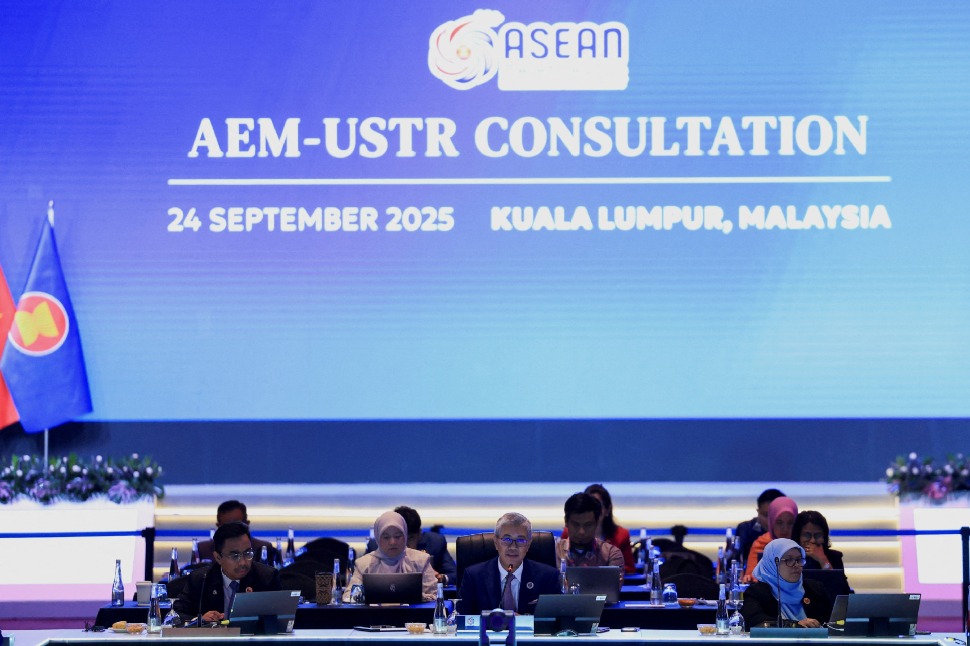China releases position paper on UN General Assembly Resolution 2758

BEIJING -- The Chinese Ministry of Foreign Affairs on Tuesday released a paper stating China's position on the United Nations General Assembly Resolution 2758. The following is the full text:
China's Position Paper on the United Nations General Assembly Resolution 2758
On October 25, 1971, at the 26th session of the U.N. General Assembly, Resolution 2758 was adopted with an overwhelming majority, which "decides to restore all its rights to the People's Republic of China and to recognize the representatives of its Government as the only legitimate representatives of China to the United Nations, and to expel forthwith the representatives of Chiang Kai-shek from the place where they unlawfully occupy at the United Nations and in all the organizations related to it." The resolution resolved once and for all the question of the representation of the whole of China, including Taiwan, in the U.N., as a political, legal and procedural issue. The resolution brooks no challenge to its legitimacy, validity, and authority.
1.UNGA Resolution 2758 solemnly confirms and fully embodies the one-China principle.
The core meaning of the one-China principle includes three aspects: there is but one China in the world, the Taiwan region is an inalienable part of China's territory, and the Government of the People's Republic of China is the sole legal government representing the whole of China.
The one-China principle is the premise and foundation for UNGA Resolution 2758, while the resolution solemnly confirms and fully embodies the one-China principle. The resolution makes it clear that there is but one China in the world and the Government of the People's Republic of China is the only legitimate representative of the whole of China, including the Taiwan region. There is no such thing as "two Chinas" or "one China, one Taiwan."
According to the U.N. Charter, China is a founding member of the U.N. and a permanent member of the Security Council. In 1945, when the U.N. was founded, the official name of China was the Republic of China (ROC). In 1949, the Chinese people overthrew the ROC government, renamed the country the People's Republic of China, and established the Central People's Government of the People's Republic of China. It was a new government replacing the old one within the same country; and China's sovereignty and inherent territorial boundaries stayed unchanged. Thus, the government of the People's Republic of China naturally and fully enjoys and exercises China's sovereignty, including sovereignty over the Taiwan region; and also naturally represents the whole China in international relations, including enjoying and exercising all the rights of China in the U.N.
In November 1949, Zhou Enlai, then Premier of the Government Administration Council of the Central People's Government of the People's Republic of China, sent a telegram to the U.N. Secretary General and the President of the fourth UNGA, stating that the reactionary government of the Chinese Nationalist Party had lost all legal and factual grounds to represent the Chinese people and demanding that the U.N. immediately revoke all rights of the delegation of the Government of the Republic of China to continue representing the Chinese people at the U.N.
A handful of external forces have groundlessly asserted that as the terms "Republic of China" and "Taiwan" did not appear in Resolution 2758, the resolution has nothing to do with Taiwan. The fact is that UNGA Resolution 2758 completely precluded any possibility of creating "two Chinas" or "one China, one Taiwan." The U.N. is an international organization of sovereign states, and accepts only representatives from such states. Since Taiwan is part of China, not a sovereign state, it therefore has no right to send representatives to the U.N. Although in 1949, the Kuomintang ruling clique continued to use "Republic of China" and "government of the Republic of China" after retreating to Taiwan, however, the so-called "Republic of China" and "government of the Republic of China" in 1949 were fundamentally different from the "Republic of China" and "government of the Republic of China" in 1945 when the U.N. Charter was signed. It had no authority to exercise state sovereignty on behalf of China and had no right to continue representing China in the U.N. Therefore, the term "representative of the government of the Republic of China" must not be used in UNGA Resolution 2758 adopted in 1971, and the phrase "expelling the representatives of the Taiwan authorities" must not be used either.
UNGA Resolution 2758 carries extensive and authoritative legal force, serves as the authoritative basis for the U.N. and organizations related to it to properly handle the Taiwan question. After the adoption of UNGA Resolution 2758, all official U.N. documents referred to Taiwan as "Taiwan, Province of China." It was clearly stated in the official legal opinions of the Office of Legal Affairs of the U.N. Secretariat that "the United Nations considers 'Taiwan' as a province of China with no separate status" and the "'authorities' in 'Taipei' are not considered to ... enjoy any form of government status." This has been the consistent position of the U.N. and is clearly documented.
The adoption of Resolution 2758 had a wide-reaching and profound political impact on the practice of international relations. It effectively made the one-China principle a basic norm of international relations and a prevailing consensus in the international community. To date, 183 countries have established and developed diplomatic relations with China on the basis of the one-China principle.
2.The voting process on UNGA Resolution 2758 demonstrated that the days when the U.S. and some other countries could obstruct the international community from upholding the one-China principle had gone for good.
Before 1971, the People's Republic of China had been fighting hard to regain its lawful seat in the U.N. for 22 years. One major obstacle was the sustained obstruction of the U.S. and some other Western countries.
At the time when the 26th session of the U.N. General Assembly opened in September 1971, there was prevailing support for the seat of the People's Republic of China to be restored. Unwilling to accept this outcome, the U.S. persisted in its attempts to obstruct the process. It primarily erected two major obstacles: The "Important Question" draft resolution, which sought to designate the expulsion of the representatives of Chiang Kai-shek as an "important question" under Article 18 of the U.N. Charter, thereby requiring for its decision a two-thirds majority of the Members present and voting. The other was the "Dual Representation" draft resolution, which combined "confirming the representation of the People's Republic of China" with "retaining the representation of the Republic of China," essentially trying to create "two Chinas" within the U.N. A significant number of Member States voiced strong opposition, asserting the proposal was "illegal and inconsistent with reality, justice and the principles of the U.N. Charter." The "Important Question" draft resolution was rejected. Subsequently, the General Assembly passed Resolution 2758. As the question of China's representation was thus resolved, the "Dual Representation" draft resolution was not put to the vote and was effectively invalidated.
During the consultations on the resolution, an overwhelming majority of countries recognized that Taiwan is part of China. Representatives from many countries expressed support for the one-China principle, opposing "two Chinas" or "one China, one Taiwan." The main arguments advanced were as follows: First, the issue before the General Assembly was neither the admission of a new Member State nor the expulsion of an existing one. The question was one of representation, namely, who was entitled to occupy China's seat in the U.N. Second, the representatives of the Chiang Kai-shek regime, which had been repudiated by the Chinese people and driven from China's mainland to Taiwan, could under no circumstances represent China in the U.N. Therefore, their continued presence within the Organization must be deemed illegal. Third, there was strong condemnation of the U.S. and its imperialist policies, which for more than 20 years had forcibly imposed the Chiang Kai-shek clique as the representatives of China to the U.N., thereby disregarding the legitimate representation of China.
The whole process leading to the adoption of Resolution 2758 speaks volume for the irreversible trend of the international community to uphold the one-China principle, and there is no "two Chinas" or "one China, one Taiwan." This is not only a victory of the Chinese people, but also a victory of people around the world against hegemonism and power politics.
3.To challenge UNGA Resolution 2758 is to challenge the post-World War II international order and the authority of the U.N. Any attempt to turn back the wheel of history is doomed to fail.
Resolution 2758 clearly states that "recalling the principles of the Charter of the United Nations," "the restoration of the lawful rights of the People's Republic of China is essential both for the protection of the Charter of the United Nations and for the cause that the United Nations must serve under the Charter." This reflects the resolution's clear position on upholding the authority of the United Nations. The United Nations is at the center of the post-World War II international order. The restoration of the People's Republic of China's lawful seat in the U.N. marked the return of the Chinese people, or one-fourth of the world's population, to the stage of the U.N. This is of great, far-reaching significance both to China and the world. Any attempt to challenge Resolution 2758 constitutes not only a challenge to China's sovereignty and territorial integrity, but also a challenge to the authority of the U.N. as well as the post-World War II international order. Flagrantly reversing the course of history is absurd and highly dangerous.
The U.S. and a handful of other countries are distorting and challenging Resolution 2758, laboriously peddling the pernicious falsehood of "Taiwan's status being undetermined" in a bid to pave the way for Taiwan to seek "international space." This constitutes a gross violation of the fundamental norms of international relations, including the principles of sovereign equality and non-interference in internal affairs.
Taiwan has never been an independent country, not in the past, not at present and still less in the future. The question of Taiwan's status was fundamentally resolved in 1945, when the Chinese people won the great victory of the War of Resistance Against Japanese Aggression. This victory was won by the Chinese people including our Taiwan compatriots through hard-fought battles and great sacrifices. It shall by no means be undermined by the false narratives of some Western politicians.
Although the two sides of the Taiwan Strait are yet to be fully reunified, China's sovereignty and territory have never been and shall never be divided. The status of Taiwan as a part of China's territory has never changed and shall never change. Attempt to turn back the wheel of history and separate Taiwan from China once again will never be accepted by the 1.4 billion Chinese people or supported by the international community.

































